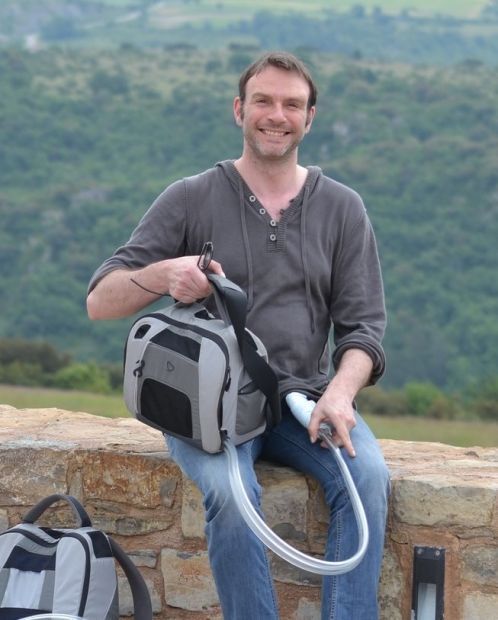Tucson-based SynCardia Systems Inc. has received approval from the U.S. Food and Drug Administration to conduct a clinical study of the company’s temporary Total Artificial Heart for permanent use as so-called “destination therapy.”
The FDA approved an Investigational Device Exemption application to allow SynCardia to study the heart’s use in 19 patients who do not qualify for a donor heart transplant.
SynCardia’s Total Artificial Heart is already FDA-approved as a temporary bridge to a donor heart transplant, and has been implanted in more than 1,250 patients with about 80 percent surviving to transplant.
Last July, after years of regulatory wrangling, SynCardia won FDA approval of a small pneumatic driver for its artificial heart, paving the way for studies on the heart’s use as a long-term therapy and of a smaller version of the heart under development for small adults and children.
“This is an important step for SynCardia to advance the use of the Total Artificial Heart to a new group of patients who are not currently eligible for a donor heart,” Michael Garippa, president and CEO of SynCardia, said in prepared remarks.
Garippa said the study will generate data on the effective use of the SynCardia Heart in patients “as a way for them to recover from heart failure and continue with a near-normal lifestyle.”
Clinically stable patients implanted with the SynCardia Total Artificial Heart will receive the FDA-approved Freedom portable driver, which powers the SynCardia Heart and allows patients increased mobility.
The SynCardia Total Artificial Heart is implanted in patients who are dying of end-stage biventricular heart failure, where the two ventricles of the natural heart cannot pump enough blood.
Similar to a donor heart transplant, the SynCardia Total Artificial Heart replaces the natural heart’s two failed ventricles and four valves.
Because of the growing demand for donor hearts and the flat supply, many patients live for months or years supported by the SynCardia Total Artificial Heart, the company noted. The longest a person has lived with the SynCardia Heart was 1,374 days, or nearly four years, before his donor heart was successfully transplanted.
While the 70cc SynCardia Total Artificial Heart is FDA approved for use as a bridge to transplant, the company said that when used for destination therapy, it is considered an investigational device, limited by law to research use including clinical trials.





